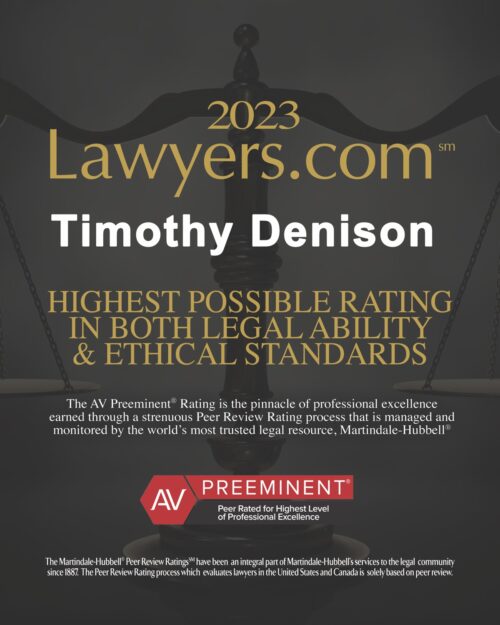Man Admitted He Had Drugs
 News broke on multiple stations about a significant drug bust near Dixie Highway. Police found 25 pounds of meth and 3 kilos of heroin in the man’s home, along with an unspecified amount of money. After the arrest, the man admitted he had the drugs in his possession.
News broke on multiple stations about a significant drug bust near Dixie Highway. Police found 25 pounds of meth and 3 kilos of heroin in the man’s home, along with an unspecified amount of money. After the arrest, the man admitted he had the drugs in his possession.
Rule #1: Don’t Admit Anything
The LMPD executed a search warrant to enter the home of the man. This means they had to go through the process of observing, investigating and forming a reasonable suspicion that the drugs would be found there and that the man was in possession of them. Most likely, this alleged dealer was turned in when someone was arrested on possession and snitched pursuant to a plea deal in exchange for a lighter sentence.
As a Louisville criminal defense attorney, I’ve stated many times: It’s not about what they think. It’s about what they can prove.
A judge had to sign off on the search warrant. The police connected enough dots to suspect this man was involved in illegal activities. When they entered the home, they eventually discovered the meth and heroine. Even though they were successful, why make it easy for the prosecution? The man admitted he had drugs. This is simply giving them a statement of guilt, before he had even been charged with a crime.
There are many ways for a criminal defense attorney to attack the charges against his client. Maybe the man didn’t know the drugs were there. Maybe someone else was involved. As far-fetched as these scenarios sound, in some cases, they could be true. Either way, as citizens we are assumed to be innocent until proven guilty. When the man admitted he had drugs, he moved the prosecution one step closer to a win.
Rule #2: Demand to Speak with Your Lawyer
You have rights. Assert them. What you probably don’t have is a law degree. Your lawyer understands the law, rules, policies and regulations that have been put in place to protect citizens. No one cares about constitutional rights until their own constitutional rights have been implicated. It’s very easy to forfeit your rights when you make statements, not knowing specifically what the police and prosecutors are going to do with the information, or what specific charges they can bring. This is a prime example because the man admitted he had drugs.
The bottom line is that you shouldn’t say anything. Ever. The police are required to give you access to a lawyer, but only if you ask for it. The Miranda warnings they read during an arrest states, “You have the right to remain silent. Anything you say will be used against you in a court of law. You have the right to an attorney. If you cannot afford an attorney, one will be provided for you.”
Don’t make it harder on yourself and your attorney. Take advantage of your Miranda rights and assert them. Always. I’m Tim Denison, an experienced, Kentucky attorney who handles drug charges. I can help you.















